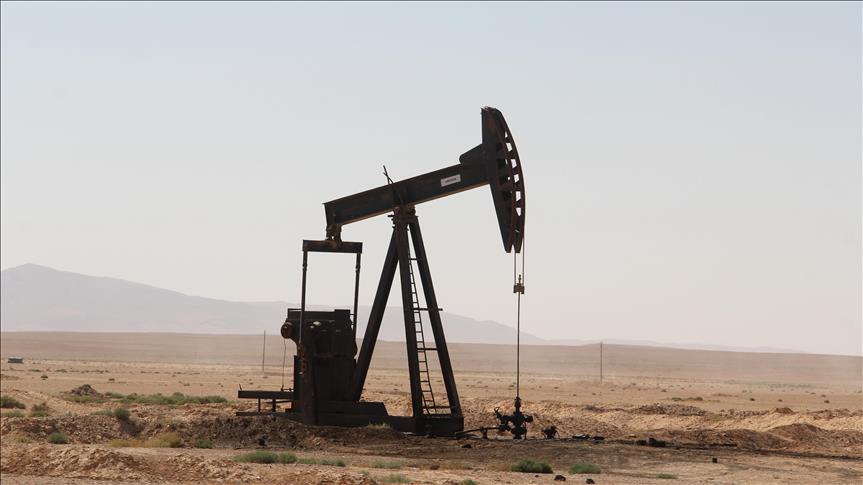Extending the moratorium in the Eastern Gulf of Mexico and expanding it to the South Atlantic is “the wrong approach at the wrong time,” the American Petroleum Institute (API) said on Tuesday.
The API’s statement came after US President Donald Trump signed a presidential order to extend the moratorium, which is set to expire in 2022, for 10 years and expand it to include drilling off the coasts of Florida, South Carolina and Georgia.
“Offshore access is critical for growing US energy leadership and providing affordable energy for American families for decades to come,” said Lem Smith, API’s vice president of upstream policy.
While Trump said the decision “protects your beautiful Gulf and your beautiful ocean”, Smith said, 'a ban on responsible energy development in the Eastern Gulf and the South Atlantic puts at risk hundreds of thousands of new jobs, US energy security advancements and billions of dollars in critical revenue for states.'
Citing recent studies by Quest Offshore Resources, API said offshore oil and natural gas leasing in the Atlantic Outer Continental Shelf (OCS) and Eastern Gulf of Mexico could contribute billions of dollars to state economies including an additional $4.5 billion to the Florida economy within 20 years and $2.5 billion per year to South Carolina’s gross domestic product.
A ban on the offshore access in the Gulf of Mexico, API said, also limits the potential of additional funds that could be generated by a potential state and federal revenue sharing arrangement.
“If enacted, Florida could see a 37.5% share of the Eastern Coast bonuses, rents and royalties generated which are projected to reach $1.3 billion per year within 20 years, with cumulative effects totaling $11.7 billion.”
By Sibel Morrow
Anadolu Agency
energy@aa.com.tr


